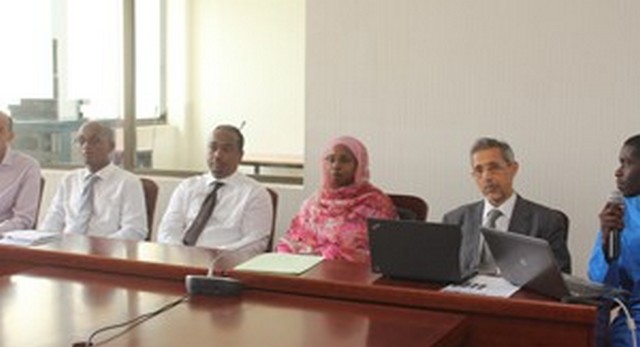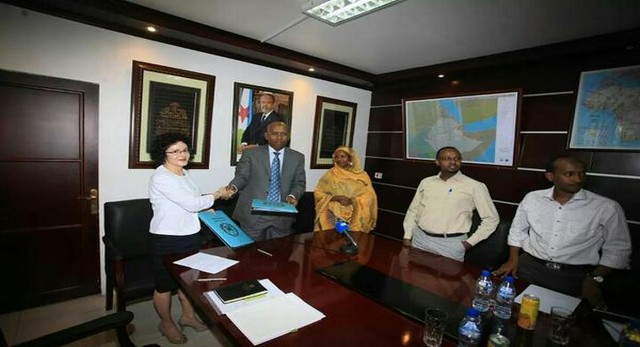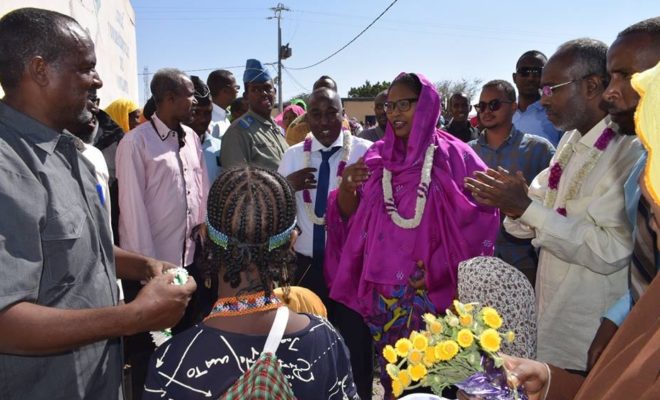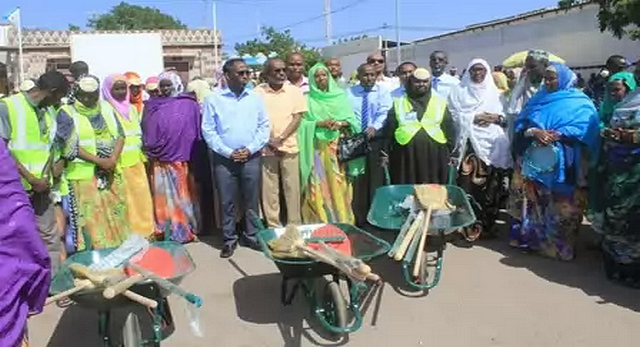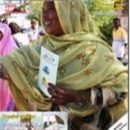The gift of 2.73 million US dollars approved yesterday by the World Bank, which comes from the Government of Japan through the Japan Fund-stop Social Development (JSDF), was implemented by the Djibouti Social Development Agency ( ADDS). By focusing on improving long-term income prospects, this program complements the World Bank’s project portfolio in the field of social protection.
The World Bank yesterday announced the awarding of a $ 2.73 million donation for a program to promote employment for young people and women in Djibouti.
The program, which is expected to benefit more than 3,000 people living in the poorest regions of the country, provide training for practical skills and facilities for access to credit.
The program aims primarily to help young people set up and develop their own income generating activity. To do this, it will encourage young people to come together to form solidarity groups and help promising project holders to develop a synthetic business plan through training and coaching by peers.
The most viable projects will then receive seed funding. “Helping young people to start and grow a small business requires a comprehensive approach that enables them to overcome obstacles such as lack of professional network, lack of skills and access to credit difficulties ,. Through this project, we will give young people the opportunity to create their own small business, according to local market needs, “says Homa Zahra Fotouhi, resident representative of the World Bank in Djibouti.
The new funding will also support the craft sector in Djibouti, with a particular focus on women. “Many of Djibouti have already mastered traditional crafts techniques. This is to build on this expertise while encouraging innovation, new product development and marketing of local production in order to make them more attractive and viable long-term business, “says Stefanie Brodmann, Program Team Leader at the World Bank.
The grant approved yesterday, which comes from the Government of Japan through the Japan Fund-stop Social Development (JSDF), was implemented by the Djibouti Social Development Agency (ADDS).
By focusing on improving long-term income prospects, this program complements the World Bank’s project portfolio in the field of social protection.
The current IDA portfolio for Djibouti includes seven projects with a net commitment of about $ 45 million, plus $ 19 million of trust funds; These projects cover a wide range of sectors: health, education, social safety nets, energy, disaster risk management, urban development, rural development and private sector development.
Republic of Djibouti / World Bank: Social Protection
A propos

L’Agence Djiboutienne de Développement Social, Etablissement public à caractère administratif, issue de la fusion de l’ancienne Agence Djiboutienne d’Exécution des Travaux d’Intérêt Public (ADETIP) et de l’ancien projet Fonds Social de Développement (FSD).
- Agence Djiboutienne de Développement Social
- Avenue Mohamed DJAMA ELABEH Plateau du serpent
- BP:4298 Djibouti
- République de Djibouti
- Tel: +253 35 86 55/ +253 35 82 82
- E mail: direction@adds.dj
- Site Web: www.adds.dj
Nous localiser via google map
© Agence Djiboutienne de Développement Social - 2025. Tous droits réservés

